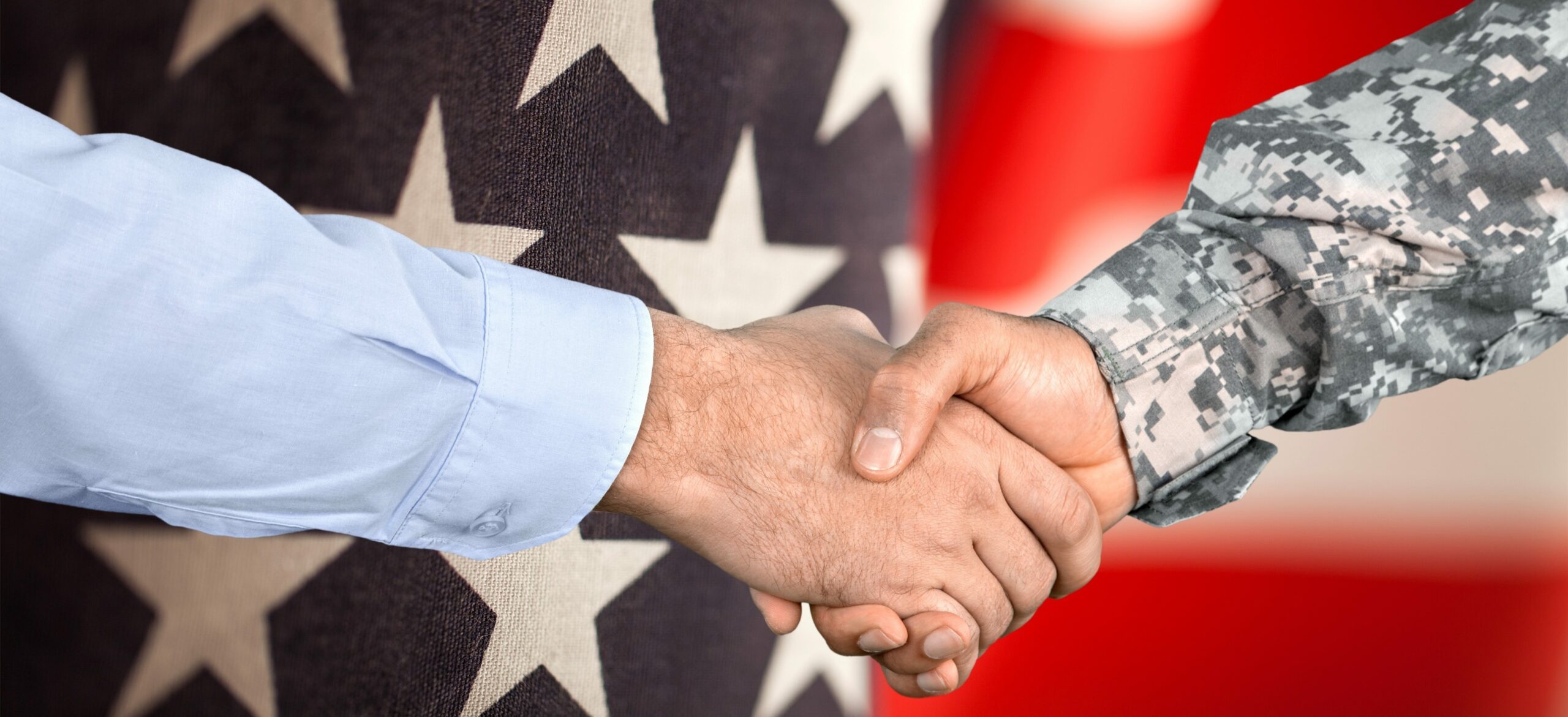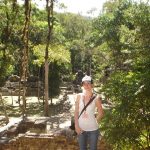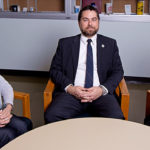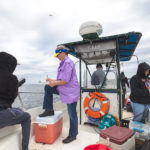Program to Help Veterans Evaluate Business Ideas Enters Second Year
Pensacola – The Florida SBDC at the University of West Florida is holding the Veterans Florida Entrepreneurship Program for its second year, giving the opportunity to qualified veterans who live in the state to explore and develop new business ideas.

The program is unique to Florida and was created in 2014 by Gov. Rick Scott and the Florida Legislature. It went live in 2016. It is offered at no cost for veterans who meet the requirements.
Last year the different universities that offer the program across the state, including UWF, graduated 167 veterans.
“This is like their next career,” said Glenn McDuffy consultant and instructor for the SBDC’s Veterans Entrepreneurship Program. “They were at least 10 years in the military, and this is their second career.”
Veterans Florida gets $500,000 a year in funding from the state for the program. The funds are distributed among the seven participating universities.
McDuffy said the bigger picture is that Florida believes so much in veterans that it is willing to fund a program for them.
“If veterans have made Florida their home, they shouldn’t leave to go somewhere else to get their dreams,” he said.
For a university to be selected as a host of the program, it must meet certain requirements. For example, it must already have connections to the military and be near a military installation.
The university-run program is meant to be a tool to help veterans determine the feasibility of their business ideas.
“Our goal is to help them refine their business concepts and get them ready,” said Kelly Massey, regional director of the SBDC at UWF. “We want to help them be as successful as possible.”
This year, the program combines in-person training and online training to keep students more engaged. The program is divided in two phases, each of which focuses on a different aspect of the entrepreneurial project.
The first part is focused on the ideas. Some students come in with an idea, while others need to develop one.
“Their goal is to determine the feasibility of their idea – for them to be able to communicate their plan so well that other people get attracted to their idea and want to get involved,” McDuffy said.
In the second part of the program, veterans shape and build their business model. After that, they have the option to participate in an investor-pitch competition, where they present their idea to investors and banks.
The first year the program was offered, three students who were seeking funding by banks and local investors participated in the competition. Bradley Cantrell from Fort Walton Beach won the competition with his idea of making alcohol-infused ice cream to be sold in a variety of retail stores.
Although his business is not operating yet, Cantrell still plans to pursue his idea, Massey said.
This year, the program began in late January with a diverse group of 32 students ages 30 to 50. McDuffy said most of the students are in the startup stage of their business development except for a few who have already started their business and are seeking management assistance.
“The challenge is to break things in small pieces so they can take it all in in the best way,” McDuffy said. “They’re entering a whole new world, a new environment.”
Massey said the SBDC helps people maximize their chances of success. If they have an idea that might not work, mentors and instructors encourage students to keep going and think of something different that might.
Last year, the competition was optional, but this year program participants must enter. They must pitch their idea, but they don’t have to present if they don’t want to.
“We can’t force them to do anything,” McDuffy said. “But, to say, ‘I completed the program,’ they have to pitch their idea.”
Bobby Carbonell, executive director of Veterans Florida, said almost half of World War II veterans came home and started a business. Today, some veterans still want to open a business, and they’re helping them build their business through the VFEP.
“We want them (Florida veteran entrepreneurs) to be successful,” Carbonell said.
Written by: Juliana Lievano, Student Intern for CREO.



